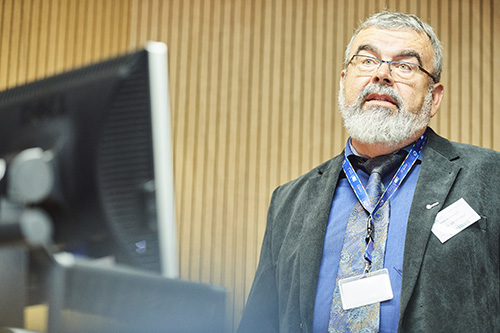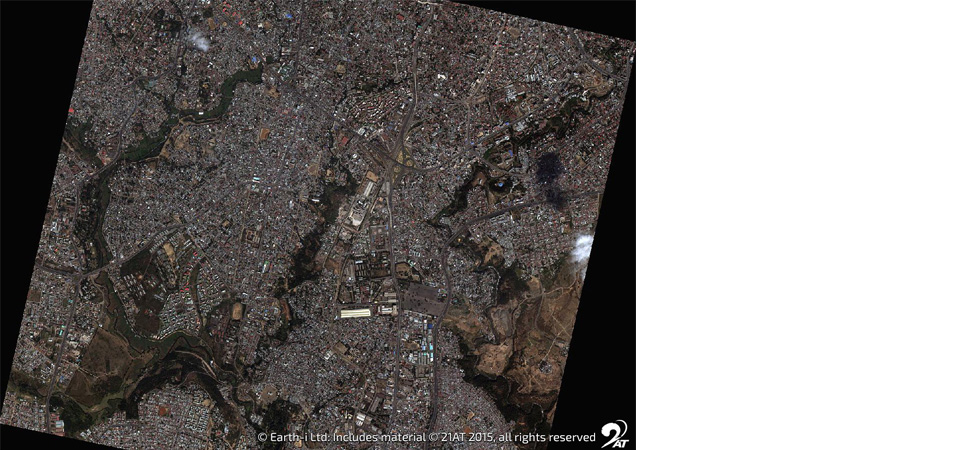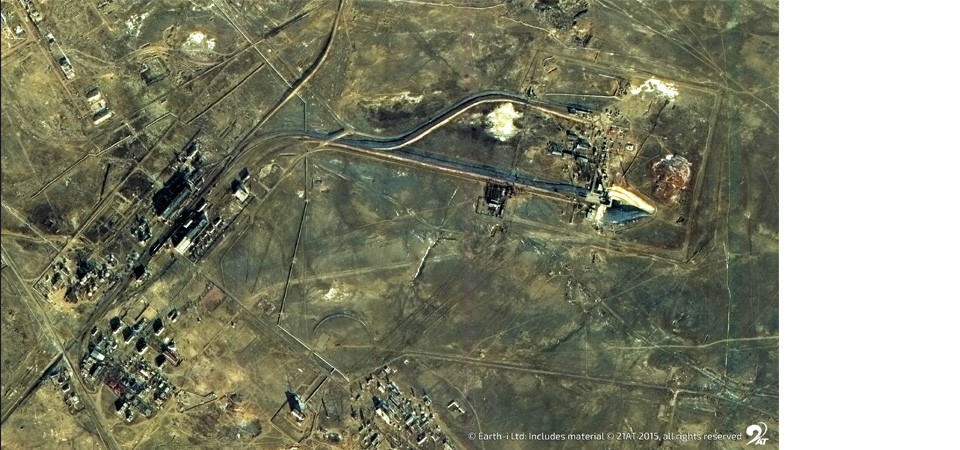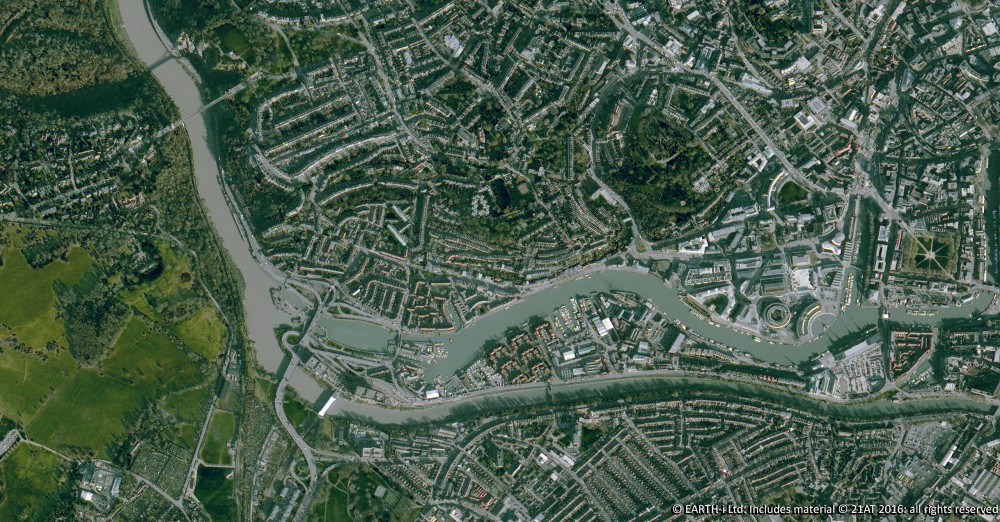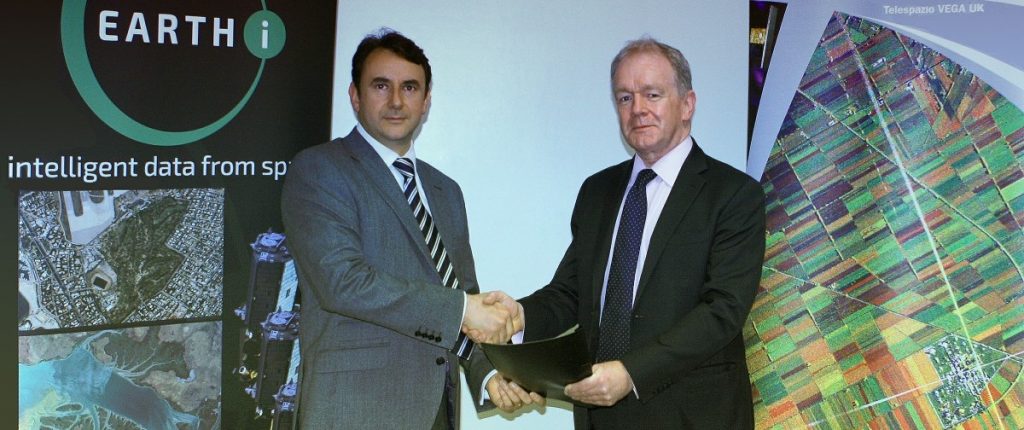By Jonathan Sumner, Business Development Director
The principal goal of the ACCORD programme is to increase farmer incomes. This achieved by empowering the individual farmer with knowledge from advanced satellite technologies and climate data analytics so that they can make optimal decisions about the management of their crop of coffee cherries from their trees. Such knowledge will ensure they make timely interventions in their fields with fertilisers, fungicides and pesticides (the ‘inputs’), leading to higher crop yields and better coffee bean quality.
This is exciting stuff – advanced technology and data analytics – leading to more productive coffee farming and a decent cup of coffee on our high streets. What’s not to like?! Data science meets development, and we, the consumer, benefits. Inevitably much attention is focussed on how the technology in ACCORD works, and the goals it seeks to achieve. But it only takes a field trip out into the coffee producing regions of East Africa to change perspectives, and to understand the real value of what can be achieved.
The real heroes in the ACCORD story are the farmers themselves. The work is demanding, the fields are small and the farmer’s family relies on a good harvest to generate the income they need to maintain their standard of living and provide for the future of their children. Coffee matters! Not for the aromas or subtleties of taste that we rave about, but for the financial security such a cash crop can bring.
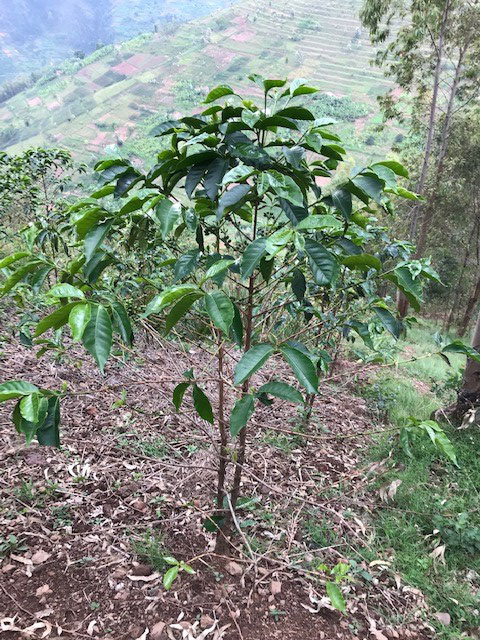
With climate change making local weather and growing conditions far more unpredictable, the farmers need more help and support than historically was the case. ACCORD was designed to do this, with timely information and decision-support delivered directly to farmers about when to apply the inputs. But important as this is, it doesn’t operate in isolation. It is part of a wider system of support developed over many years to maximise the chances of a good harvest.
The principal goal of the support system around the farmer is to achieve three goals: 1) access to a reliable supply of the all-important inputs at an affordable price; 2) provision of specialist knowledge and advice about growing coffee from local agronomists; and 3) a route to market via a local washing station to buy and process the coffee cherries produced.
Typically, farmers organise themselves into village-based cooperatives. The cooperative seeks to manage this on behalf of their member farmers, and without this eco-system it is hard to see how small-scale coffee farming could be possible.
However, whilst cooperatives are prevalent in Kenya, they are not so typical in Rwanda. Whilst the government in Rwanda provides much of the support system to the coffee farmers, particularly in the provision of inputs, there are a number of visionary coffee services companies who are increasingly delivering the eco-system that the smallholder farmers need to survive, achieve good harvests and get their coffee to market. These commercial companies, working closely with their affiliated farmers, are proving critical to retaining the commitment and confidence of farmers in coffee as a cash crop, and therefore ensuring the long-term sustainability of the supply of coffee beans.
In Rwanda, ACCORD is working closely with three such coffee companies: Kinini, CMS and San Francisco Bay Coffee Company (SFBC). Each operates a washing station in three different locations in Rwanda: Kinini to the north of the capital city Kigali, CMS in Rusizi in the southwest near Lake Kivu, and SFBC near Huye in southern Rwanda. These are the three partners at the heart of the ACCORD programme delivering the service on the ground and working closely with their farmer communities.
Whilst each company is indeed a commercial organisation, with goals and returns to be achieved as aggregators, processors and distributors of coffee beans, each also has a strong commitment to the economic and social well-being of their farmers, and the sustainability of coffee agriculture in Rwanda. Their zealous commitment to linking the production of the world’s finest quality coffee to the well-being of the farmers and their community was strongly in evidence on a recent field trip to Rwanda for the ACCORD team.
We were struck by the passion of these companies for coffee growing, its sustainability and its ability to provide not just sustainable livelihoods for individual farmers, but social cohesion and shared affluence within the wider community. These are indeed impressive companies, and the people who lead them and work for them are great examples for any business in the western world that wishes to be more than just a business driving profit.
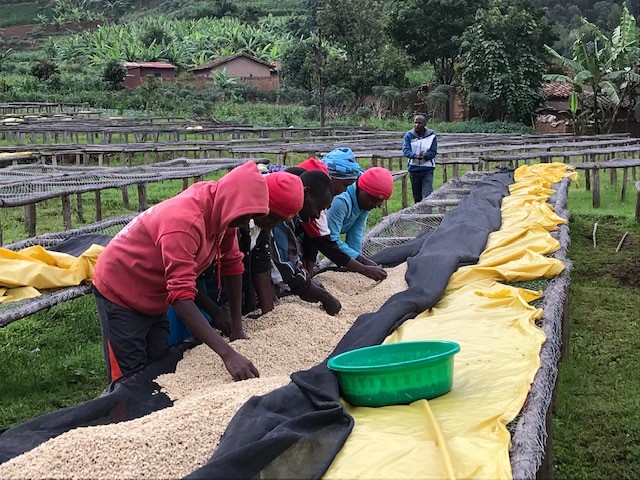 Between them Kinini, CMS and SFBC are about so much more. Yes, for sure, profitability is important, but a commitment to delivering the highest quality coffee is matched with a sincere determination to ensure that the individual farmers that grew the beans in the first place, are also principal beneficiaries of the higher price premium coffee commands in the marketplace. They also bring significant new expertise and thinking to the design and building of the washing stations and processing plants, and the deep knowledge of how to grow, nurture and sustain coffee trees, and achieve the greatest possible crop yield.
Between them Kinini, CMS and SFBC are about so much more. Yes, for sure, profitability is important, but a commitment to delivering the highest quality coffee is matched with a sincere determination to ensure that the individual farmers that grew the beans in the first place, are also principal beneficiaries of the higher price premium coffee commands in the marketplace. They also bring significant new expertise and thinking to the design and building of the washing stations and processing plants, and the deep knowledge of how to grow, nurture and sustain coffee trees, and achieve the greatest possible crop yield.
Technology and science is now looming large in the strategies of these forward-thinking companies, which is where ACCORD comes in. The visionaries on the ground, working so closely with the farmers, understand the value that ACCORD represents to that carefully balanced mutual benefit between coffee farmer and coffee company. ACCORD will help sustain that balance by enhancing the eco-system of coffee farming in Rwanda, and elsewhere in the region. The individual smallholder farmers are the heroes in the story behind your premium coffee brand, but companies like Kinini, CMS and SFBC are the hero-makers.
Bringing these partners together in Kigali for our first ‘Learning Event’ was, as it turned out, a major learning event for our team. It reinforced our sense of purpose in delivering this clever new technology and data science in partnership with these fine companies, and gave us a great opportunity to see progress on the ground in the coffee fields of this quite spectacularly beautiful country and its amazing people.
If you wish to discuss this blog with Jonathan, please email: enquiries@earthi.space.co.uk
Earth Observation specialist brings over 25 years technology and applications experience to company offering daily high-resolution imaging and data…


